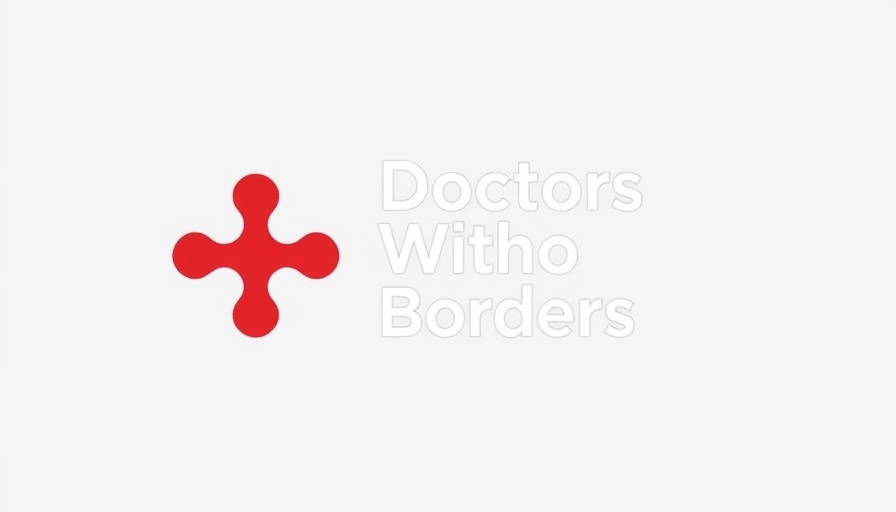
Understanding Addiction: A Need for Treatment
Addiction is not simply a matter of willpower; it involves complex changes in the brain that manifest in behaviors impacting individuals' lives and their relationships. In South Africa, the rising rates of substance abuse, especially heroin, underline a pressing need to address addiction with validated treatment options. Factors such as trauma, joblessness, and lack of social support contribute to this crisis, which demands immediate intervention.
Early access to treatment can mitigate health risks associated with substance abuse. Those who embark on the journey of recovery often experience a resurgence in familial relationships and professional stability, which are critical for long-term healing. The process of seeking help could pivot a person from isolation towards a supportive community, making recovery feasible.
Common Searches: Finding Help Effectively
In the digital age, many individuals seeking assistance turn to the internet. Searches for terms like "rehab near me" or "best rehab in South Africa" highlight the growing awareness around addiction treatment. As parents or professionals, it is vital to understand that many treatment centers offer both drug and alcohol support, paving the way for tailored care even for those dealing with dual addictions.
These online searches reveal an array of options, enabling individuals to quickly gauge services and their locations. For those considering treatment, understanding what such rehabilitative programs provide is essential.
Types of Rehabilitation: Choosing the Right Fit
When exploring options for addiction treatment, it's important to differentiate between various types of rehabilitation services. Residential programs typically offer intensive care by providing a structured environment for rehabilitation. The initial phase often involves medically supervised detoxification, followed by an immersive therapy schedule that may include group activities and life skill coaching.
On the other hand, outpatient programs cater to individuals with less severe addictions or those transitioning from residential rehabilitation. These allow clients to attend scheduled therapy sessions while maintaining their daily routines. Understanding these distinctions is crucial for families and professionals helping loved ones navigate their recovery journeys.
Essential Steps Before Admission: A Practical Guide
The journey towards recovery begins with informed decisions. Engaging directly with rehabilitation centers through phone or email is a practical step to understanding what each program entails. Families should feel encouraged to provide honest information about a person's history with addiction, as this transparency helps treatment professionals tailor their approach to care.
Cost may pose a challenge, and it’s wise to investigate what financial assistance options are available. Most fundamental to this process is a confirmation that treatment offerings address both substance use and co-occurring mental health issues, thereby minimizing risks for relapse caused by an untreated overlap of conditions.
The Road Ahead: Looking Towards Recovery
While addiction treatment involves a significant commitment, the potential for a fulfilling life beyond dependence can make it worthwhile. Early intervention may offer a pathway to improve not only the individual’s health but also restore the trust of those around them. For parents and professionals, facilitating connections to support systems and being part of a loved one’s journey towards recovery can improve outcomes tremendously.
Call to Action: Don’t Wait – Take That First Step
If you, or someone you know, is struggling with addiction, take the courageous step toward finding help today. Reach out to local rehabilitation centers or professionals familiar with addiction treatment to explore the options that best fit your needs. Recovery is possible, and the first step begins with a conversation.
 Add Row
Add Row  Add
Add 




Write A Comment